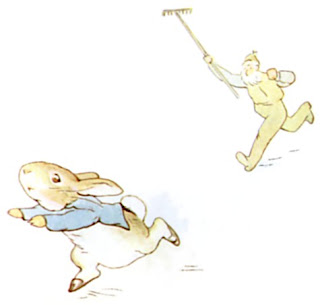“Candor has been greatly, perhaps too greatly, heightened in our day. With the stakes of candor everywhere raised, the premium is on the new and edgy. People who write autobiographies or memoirs must have something at least slightly shocking — better of course if it is powerfully shocking — to convey.”
In his newish book Gossip, essayist Joseph Epstein brings his elegant prose style, his wit and his erudition to bear on a subject with which many of us are all too familiar.
A couple of years ago, I tried to give up gossiping for Lent. It was even more difficult than forgoing chocolate, no easy feat itself. Reading Epstein’s book I realize why I had trouble. Gossip has been with us from the beginning. It is part of the human condition. At times it even serves a moral purpose.
But in “these times” (oh, how my children hate to hear me talk like this!) — that is, in a celebrity culture where rumors travel at the speed of, well, whatever speed the Internet operates, which is pretty fast — gossip has morphed into something much more insidious and tricky.
Epstein tells some juicy tales in this book, but he also analyzes how society has become more gossip-riven and gossip-tolerant. How it has created a “change of social tone, an accumulation of many bridges being lowered … [ which has ] helped to bring down the decorum that was a strong feature of — let us call it — square society. Not too many people around today to defend square society, with all its rules and inhibitions.”
Thank God there are a few, Joseph Epstein, of course, being among them.
Full disclosure: I took a class from Epstein in college. It was under his tutelage that I wrote my first real essay.



